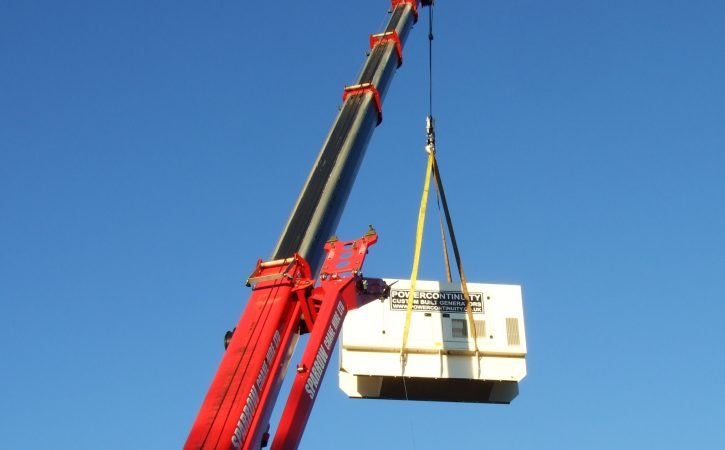
In a world reliant on uninterrupted operations, the significance of robust emergency power systems cannot be overstated. Whether for hospitals, data centers, manufacturing plants, or residential complexes, the assurance of continuous power supply remains critical. Among the various solutions available, diesel generator installation stands out as a stalwart option, providing reliable backup power when needed the most.
Importance of Emergency Power Systems
In our modern society, where technology integration and connectivity are omnipresent, any disruption in power supply can lead to severe repercussions. Businesses face financial losses, essential services get interrupted, and in critical situations like hospitals, lives can hang in the balance.
Emergency power systems serve as a safety net during such contingencies. They act as a secondary power source, swiftly coming online to bridge the gap when the primary supply fails. This prompt response is particularly crucial in sectors where downtime equates to substantial losses or, worse, compromised safety.
Diesel Generator Installation: A Trusted Solution
Diesel generators have long been the cornerstone of backup power solutions. These systems operate reliably, offering consistent power output in varying conditions. Their robustness and ability to deliver high power outputs make them an ideal choice for critical applications.
Advantages of Diesel Generators:
- Reliability: Diesel generators are renowned for their durability and reliability. They can handle prolonged operation, making them suitable for long-term backup power needs.
- Quick Response: When the primary power supply fails, diesel generators start almost instantly, ensuring minimal downtime.
- High Power Output: They offer high power output capabilities, making them suitable for both small and large-scale applications.
- Fuel Availability: Diesel fuel is widely accessible, ensuring a consistent supply during emergencies.
Considerations for Diesel Generator Installation
Installing a diesel generator system involves meticulous planning and execution. Several factors need consideration to ensure the system operates optimally when called upon.
Site Assessment:
A comprehensive site assessment is imperative before installation. Factors such as available space, ventilation, access for fuel supply, and proximity to critical infrastructure must be evaluated.
Sizing and Capacity:
Determining the appropriate generator capacity is crucial. A generator that is too small might not support the load, while an oversized one could lead to inefficiencies and increased costs.
Compliance and Regulations:
Adhering to local regulations, environmental norms, and safety standards is paramount during installation. Compliance ensures the smooth operation of the system and avoids legal complications.
Maintenance and Testing:
Regular maintenance and testing are essential to ensure the generator functions optimally during emergencies. Scheduled inspections and upkeep guarantee the system’s readiness when required.
Conclusion
In a world where uninterrupted power supply is imperative for the smooth functioning of businesses and critical services, emergency power systems like diesel generators play a pivotal role. Their reliability, quick response, and high power output make them a preferred choice across various sectors.
However, installing a diesel generator is not a one-size-fits-all solution. Proper planning, assessment, compliance with regulations, and regular maintenance are crucial for ensuring the system’s effectiveness during emergencies.
As technology continues to evolve, exploring newer options for emergency power systems becomes necessary. Nevertheless, for now, diesel generator installation stand strong as a reliable backbone for uninterrupted power supply, safeguarding operations and lives during unforeseen power outages.









